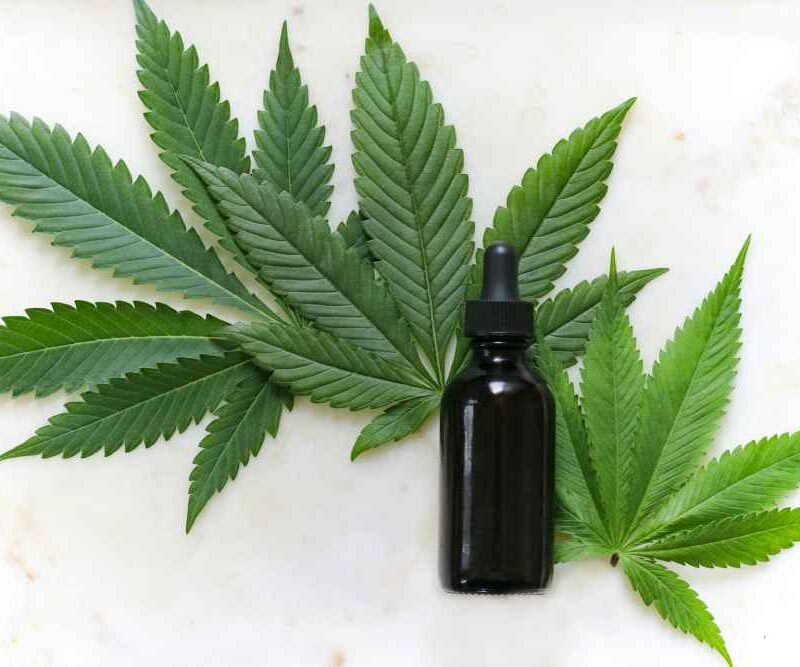In recent years, CBD and THC have become increasingly popular topics in the world of natural health and wellness. These cannabis-derived compounds offer a range of potential benefits, but understanding their unique properties is crucial for those considering their use.
The Basics of CBD and THC
CBD (cannabidiol) and THC (tetrahydrocannabinol) are two primary cannabinoids found in cannabis plants. While they share some similarities, their effects on the human body are distinctly different. CBD is non-psychoactive, meaning it doesn’t produce the “high” associated with marijuana use. THC, on the other hand, is psychoactive and responsible for the euphoric effects commonly associated with cannabis consumption.
Navigating the Legal Landscape
The legal status of CBD and THC products varies widely depending on location. In many places, CBD derived from hemp (containing less than 0.3% THC) is legal, while THC remains more strictly regulated. It’s essential to research and understand local laws before considering the use of any cannabis-derived products.
CBD: A Versatile Compound
CBD has gained attention for its potential to address various health concerns:
- Pain Relief: CBD may help alleviate chronic pain by reducing inflammation and interacting with neurotransmitters.
- Anxiety Management: Many users report reduced anxiety and improved stress management with CBD use.
- Sleep Enhancement: CBD might help regulate sleep patterns and improve overall sleep quality.
- Skin Health: Topical CBD applications show promise in managing acne, psoriasis, and other skin conditions.
THC: Beyond Recreation
While often associated with recreational use, THC also offers potential therapeutic benefits:
- Chronic Pain Management: THC has shown effectiveness in managing various types of chronic pain.
- Nausea and Appetite Stimulation: Cancer patients often use THC to combat chemotherapy-induced nausea and stimulate appetite.
- Muscle Spasticity: THC may help reduce muscle spasms associated with conditions like multiple sclerosis.
Comparing CBD and THC
Pain Management: Both compounds show promise, but THC may be more potent for severe pain.
Mental Health: CBD is generally preferred for anxiety relief, while THC may exacerbate anxiety in some individuals.
Sleep: While THC can induce drowsiness, CBD may promote better sleep quality without psychoactive effects.
Appetite: THC is more effective at stimulating appetite, particularly in medical contexts.
Methods of Consumption
CBD and THC products come in various forms:
– Oils and tinctures
– Edibles (gummies, chocolates, beverages)
– Topical creams and lotions
– Vaporizers and inhalation devices
– Capsules and pills
The choice of consumption method can significantly affect the onset and duration of effects.
Safety and Side Effects
While generally considered safe, both CBD and THC can interact with certain medications and may cause side effects in some individuals. CBD is typically well-tolerated, with mild side effects like fatigue or changes in appetite. THC can cause short-term cognitive impairment and may not be suitable for everyone, particularly those with a history of mental health issues.
The Entourage Effect
Some researchers believe that CBD and THC work best in combination with other cannabinoids and terpenes found in the cannabis plant. This synergistic interaction, known as the “entourage effect,” may enhance the therapeutic potential of cannabis-derived products.
Conclusion
The world of CBD and THC is rapidly evolving, offering a spectrum of potential benefits for those seeking natural alternatives in their wellness journey. As we continue to uncover the complexities of these cannabis-derived compounds, it’s clear that they hold significant promise in various areas of health and well-being.
However, it’s crucial to approach CBD and THC with a balanced perspective. While many users report positive experiences, these compounds are not a one-size-fits-all solution. The effectiveness can vary greatly from person to person, and what works for one individual may not work for another.
As research progresses, we can expect to gain a deeper understanding of how CBD and THC interact with our bodies and how they can be best utilized for specific health concerns. This ongoing scientific exploration will likely lead to more targeted and effective applications in the future.
For those considering incorporating CBD or THC into their wellness routine, education is key. Stay informed about the latest research, understand the legal landscape in your area, and be aware of potential interactions with other medications or health conditions.
Ultimately, the decision to use CBD or THC should be made in consultation with healthcare professionals who can provide personalized advice based on your individual health profile. By combining scientific knowledge with professional guidance, you can make informed decisions about whether these natural compounds have a place in your personal wellness strategy.
As we move forward, the potential of CBD and THC in promoting health and well-being remains an exciting frontier in natural medicine. With continued research and responsible use, these compounds may play an increasingly important role in how we approach wellness in the years to come.







